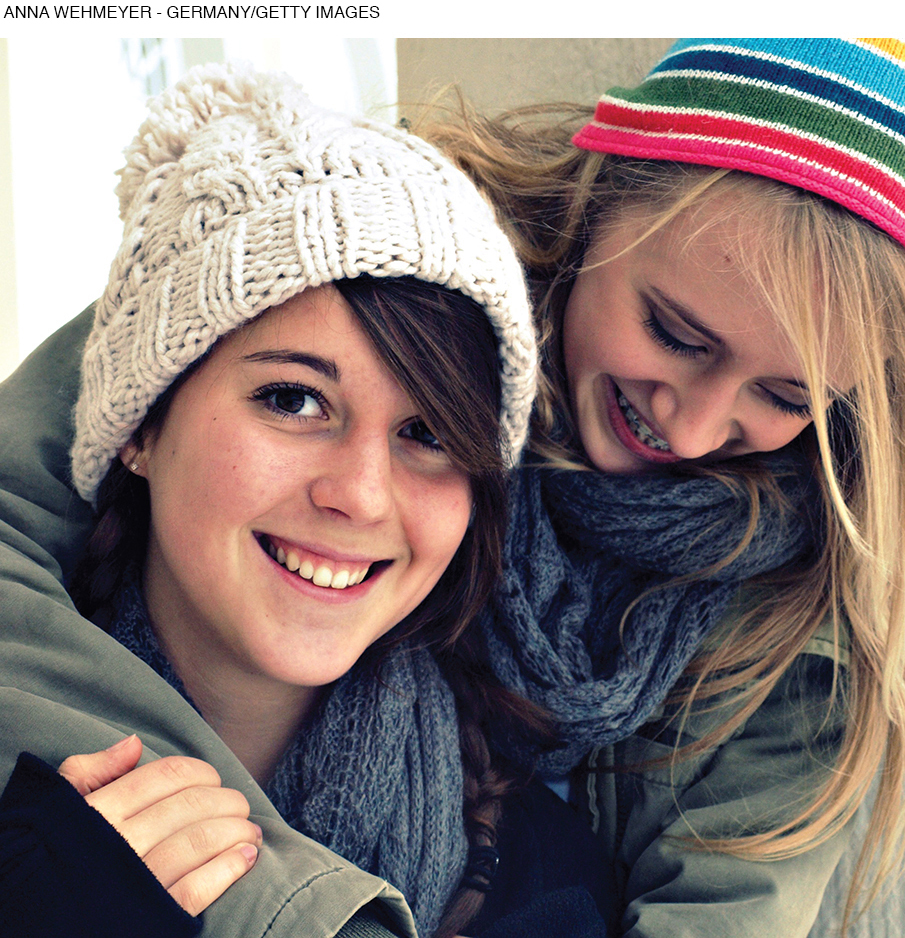Chapter Introduction

CHAPTER OUTLINE
Not Yet Achieved
Four Arenas of Identity Formation
With Adults
With Peers
A CASE TO STUDY: An Ignorant Parent
With Romantic Partners
A VIEW FROM SCIENCE: Sex Education in School
Depression
Delinquency and Defiance
Variations in Drug Use
OPPOSING PERSPECTIVES: E-
Harm from Drugs
Preventing Drug Abuse: What Works?
CHAPTER 10
Adolescence
The Social World
WHAT WILL YOU KNOW?
Why might a teenager be a jock one year and a nerd the next?
Should parents back off when their teenager disputes every rule, wish, or suggestion they make?
Which should adults worry about more, teen suicide or juvenile delinquency?
Why are adolescents forbidden to drink and smoke, but adults are allowed to do so?
Video: Adolescence Psychosocial Development: A Brief Overview
It’s not easy being a teenager, as the previous chapter makes clear, but neither is it easy being the parent of one. Sometimes I was too lax. For example, once my daughter came home late; I was worried and angry, but I did not think about punishing her until she asked, “How long am I grounded?” And sometimes I was too strict. For years I insisted that my daughters and their friends wash the dinner dishes, until all four daughters said that none of their friends had such mean mothers.
At times, parents like me ricochet from strict to permissive. When our children were infants, my husband and I had discussed how we would react when they became teenagers: We were ready to be firm, united, and consistent regarding illicit drugs, unsafe sex, and serious lawbreaking.
More than a decade later, when our children actually reached that stage, none of those issues appeared. Instead, unanticipated challenges caused us to react, sometimes in ways that surprised us. My husband said, “I knew they would become teenagers. I didn’t expect us to become parents of teenagers.”
This chapter is about adolescents’ behavior and their relationships with friends, parents, and the larger society. It begins with identity and ends with drugs, both of which may seem to be the result of personal choice but actually are strongly affected by other people. I realize now that my children’s actions and my reactions were influenced by my personal history (I washed family dishes) and by their current norms (their friends did not).